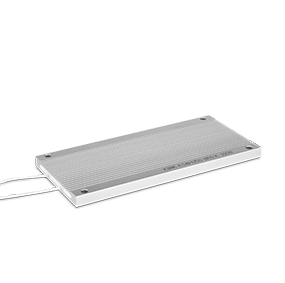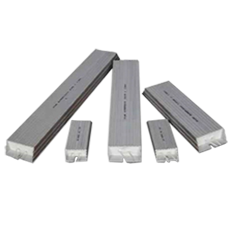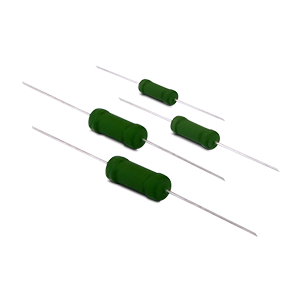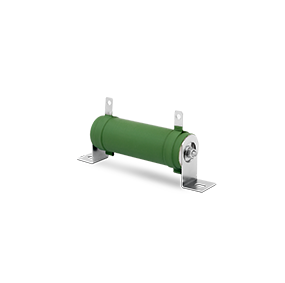- Home
- Power Resistors
- Wire Wound
All Categories
Product Series
- Show value(s)
Power
- Show value(s)
Resistance
- Show value(s)
Construction
Application
- Show value(s)
Mounting
- Show value(s)
Product Series
- Show value(s)
Power
- Show value(s)
Resistance
- Show value(s)
Construction
Application
- Show value(s)
Mounting
- Show value(s)
Wire Wound
Overview
Wire Wound Resistors
Wire wound resistors, as the name suggests, consist of a metallic wire that is wound around a non-conductive core. It is one of the oldest forms of resistors used. The basic structural design remains the same over the years. Read More
The wire conductor is generally made of alloys such as Nickel-Chromium or Copper alloys. Pure metals are unsuitable since they have a high-temperature coefficient of resistance.
The wound wire is covered with an insulating material such as vitreous enamel for maintaining stability even in high ambient temperature conditions. Most commonly used core materials include plastic, fibreglass, or ceramic.
The resistance offered depends on the length and diameter of the wire. Longer wires offer higher resistance as transmission loss in the current is higher. Wider wires offer less resistance as current flows easily with greater surface area. For creating high resistance, the wire diameter needs to be very small, and the length should be very long. Since these parameters can be accurately controlled, high precision can be achieved.
Wire wound resistors typically have higher inductance thus making them unsuitable for high frequencies. They can be offered in non-inductive versions to make them useful in high frequency applications. They are also relatively expensive when compared to carbon resistors.
Applications of wire-wound resistors are based on 2 factors – precision and power.
High precision wire wound resistors are used in:
- Precision AF attenuators
- Measuring bridges
- Calibration equipment.
Wire wound power resistors can handle a power range of 0.5 Watts to several kiloWatts and are used in high power applications such as:
- Potentiometers
- Circuit breaker equipment
- Speed control of motors
- Engine cooling
Why KWK Wire Wound Resistors?
KWK has a partnership with KRAH group, Germany and the Widap Group, Switzerland who are market leaders in the automotive and industry segment respectively. The KWK product series such as the Cement coated wire-wound resistors specialise in the following applications:
- Industrial Applications
- Braking Applications
- Automotive
- Pre-charge/discharge applications etc
Showing 97–112 of 154 results
-
KSR 1000
Radial Type - 1R0 Ω - 25K Ω - 1000W - 120PPM. KSR - Series-
Construction
-
Mounting
-




